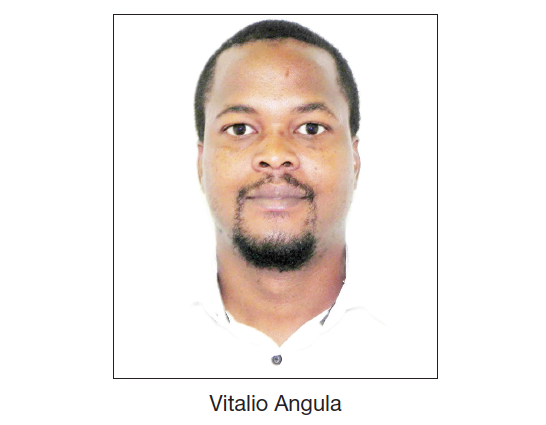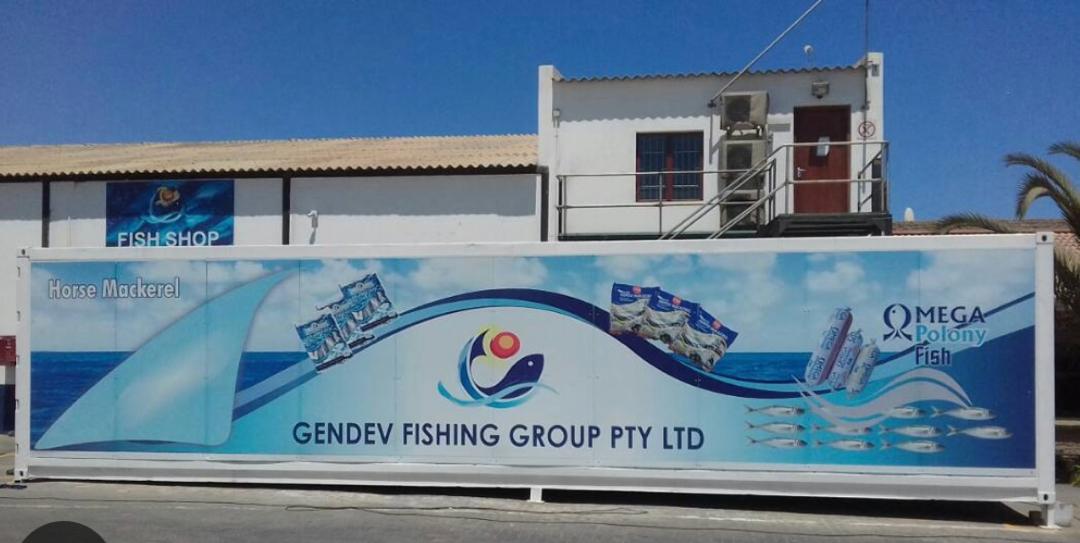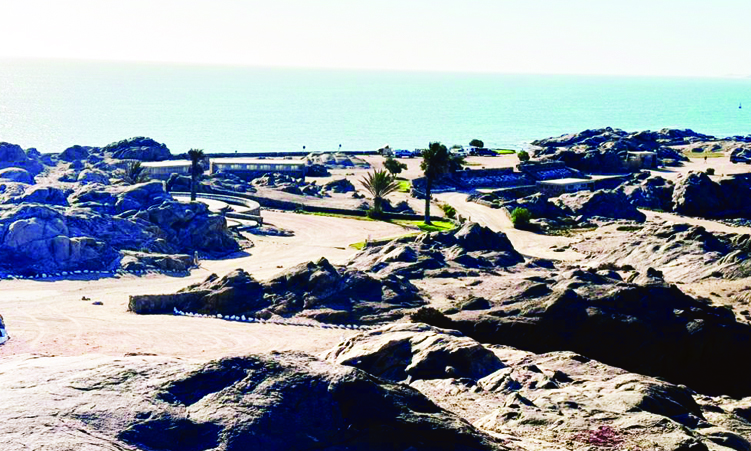VITALIO ANGULA IF THERE IS one thing that has been painfully ignored during the coronavirus pandemic, it is the mental health status of many Namibian citizens.
Mental health is made up of multiple social, psychological and biological factors that determine a person’s ability to cope with daily life – not to be confused with mental disorders which manifest themselves as a result of a mental health crisis an individual may experience.
Mental health is a broader subject that deals with an individual’s ability to “realise their full potential; cope with the stresses of life; work productively and make a meaningful contribution to their communities”, according to mentalhealth.gov.
Despite global acknowledgement of leading healthy lives that take into account not only a person’s physical and biological well-being, but the mental and psychological, there seems to be a disconnect on what constitutes mental health at a personal, community, and/or national / international level.
Besides Covid, Namibia is in the grips of a Sexual Gender Based Violence crisis/pandemic. This places a huge burden not only on the victims and perpetrators but on the support systems that deal with the effects it has on society.
One such organisation that deals with managing SGBV in Namibia is first lady Monica Geingos’ One Economy Foundation – through its #BreakFree #BeFree programme that tackles violence within communities and society at large. As Geingos often reiterates, post-conflict societies like Namibia are prone to internalised violence as a method of resolving conflict.
Violence inadvertently leads to mental health issues amongst both the perpetrators and victims, and the administrative systems that deal with it. Police officers are known to suffer post-traumatic stress disorder (PTSD) from dealing with violence within their communities. They too need help! According to reliable sources within the security services, they do not get the required help. This also applies to military personnel and those working in the correctional services system.
At the level of minors (children under the age of 18), early diagnosis and treatment of mental health issues are neglected for a multitude of reasons that can be summed up as follows:
• Lack of resources to train teaching staff to recognise, identify and recommend for treatment children who may exhibit behaviour consistent with mental illness
• A general lack of understanding of what constitutes mental illness
• The stigma surrounding mental illness
• Cultural beliefs that link mental illness to witchcraft and rituals
• And a general belief that mental illness is a European construct and interventions such as therapy and medication are foreign practices not suited for Africa.
These are but some of the barriers that prohibit parents, teachers, guardians and members of society from developing strategies that mitigate the occurrence of mental illness through seeking appropriate diagnosis and treatment before the illness intensifies.
A Namibian newspaper report written by Shelleygen Petersen on 16 March 2021 paints a gloomy picture of the availability of social workers at state hospitals in Namibia, placing them at only one social worker per 13 000 children.
Mental health is a concern for all of society, mostly because we live in a post-conflict society. Thirty-one years of independence, relative to the periods of time that our societies have lived in harmonious relationships among themselves and with nature, is a very short period of time.
Black Namibians still feel the aftershocks of the many years of torture and brutality under the apartheid regime. Those who lived through this tragic period of our history and suffered indiscriminate beatings at the hands of SWATF, SADF and Koevoet still carry the emotional scars.
“The past continues to exist because it is not the past”, says Gobodo Madikezela, a well-known South African psychologist. “The traumatic events seem so vivid that it is as if they are happening today.”
Collective trauma is defined as the psychological reaction of an entire society or group to a traumatic event such as war which can lead to prolonged mental health issues.
This condition is most evident amongst Namibia’s Ovaherero, which are still reeling from the genocide perpetrated against it by imperial Germany.
According to Ngamane Karuaihe-Upi, a relationship counsellor with experience and a general knowledge of trauma, a large number of Ovaherero are suffering collectively as a result of the disruption that took place more than 100 years ago. The Herero lost their land and cattle (their economic base) and were dispersed to countries such as South Africa, Angola and Botswana.
This loss has placed a burden of grief on them, a grief that has manifested in an attitude towards outsiders where they cannot function optimally without feeling insecure, threatened, and undermined or even under attack.
Karuaihe-Upi talks of his 20 years in exile when he would occasionally check in with his mother in Namibia. He said his mother advised him that he was free to date whomever he wanted while abroad but when he came back to Namibia he should make sure he married a Herero woman.
This he explained was a result of the collective trauma his nation had faced, which forced them to build a fortress among themselves for self-preservation; a traumatic experience that fits within the boundaries of mental illness, which manifests as tribalism and poor relations between the Ovaherero and other ethnic groups in Namibia, more especially the numerically dominant Aawambo.
Whereas the 80 000 plus Hereros and 50 000 plus Namas who died during the Herero-Nama genocide are not honoured with a genocide remembrance day.
This, he says, is a psychological burden that needs to be corrected for the Herero to heal.
Stay informed with The Namibian – your source for credible journalism. Get in-depth reporting and opinions for
only N$85 a month. Invest in journalism, invest in democracy –
Subscribe Now!






